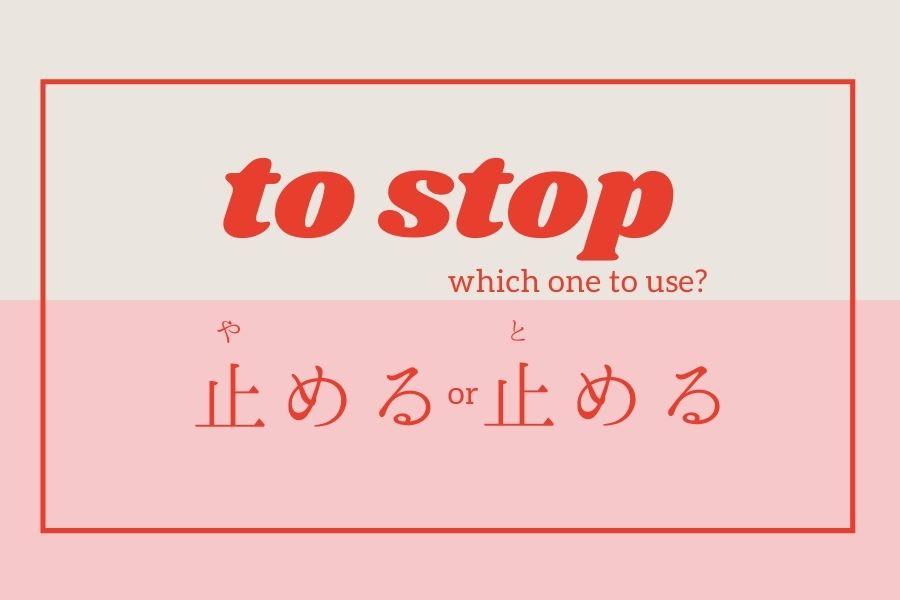The key phrase is あぶない (abunai) which is い adjective, and I assume you have learnt it as ‘dangerous‘. Translation into English will be changed depending on the tense. Let’s take a look together! Present tense 危ない! あぶないabunai watch out! Past tense 危なかった! あぶなかったABUNAKATTA it was a close call. Vulgar way 危ねっ あぶねっAbune (‘e’ at …




